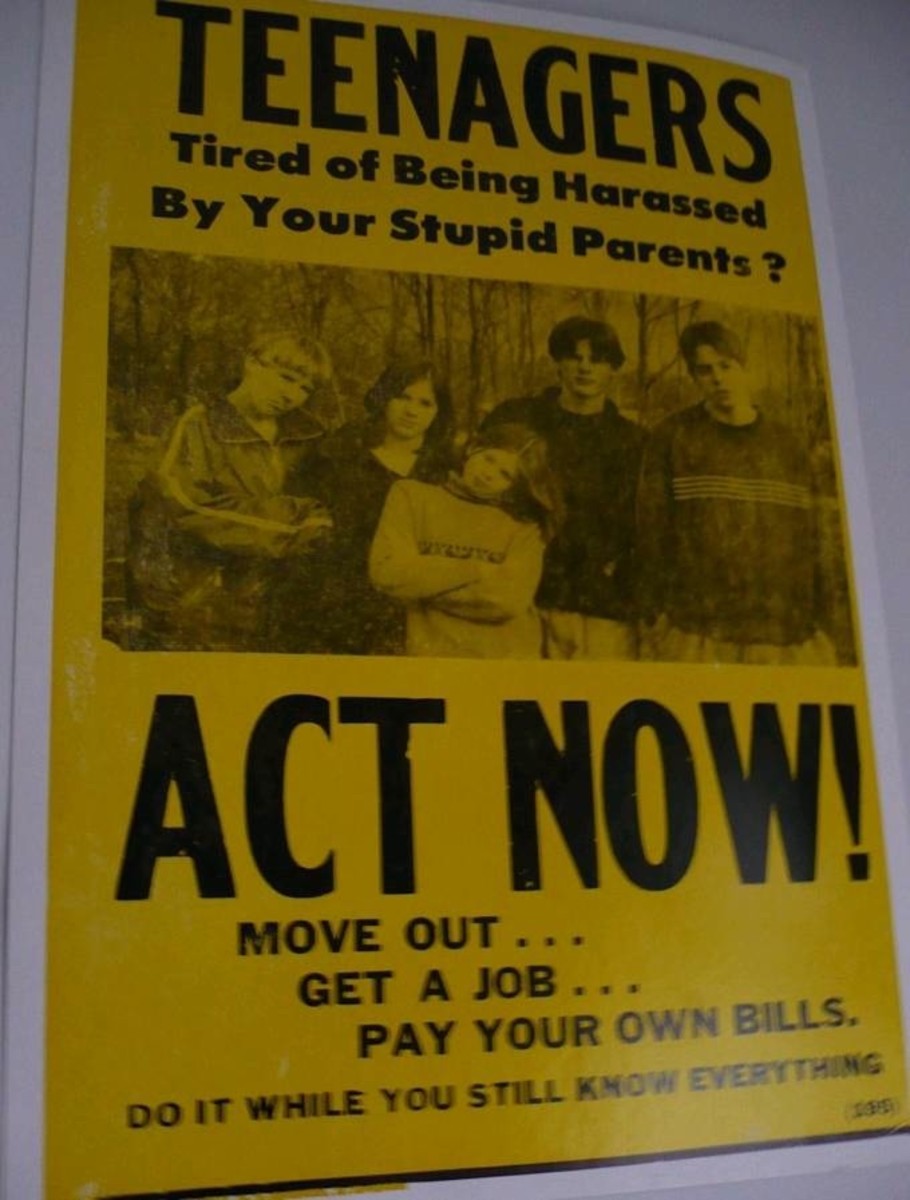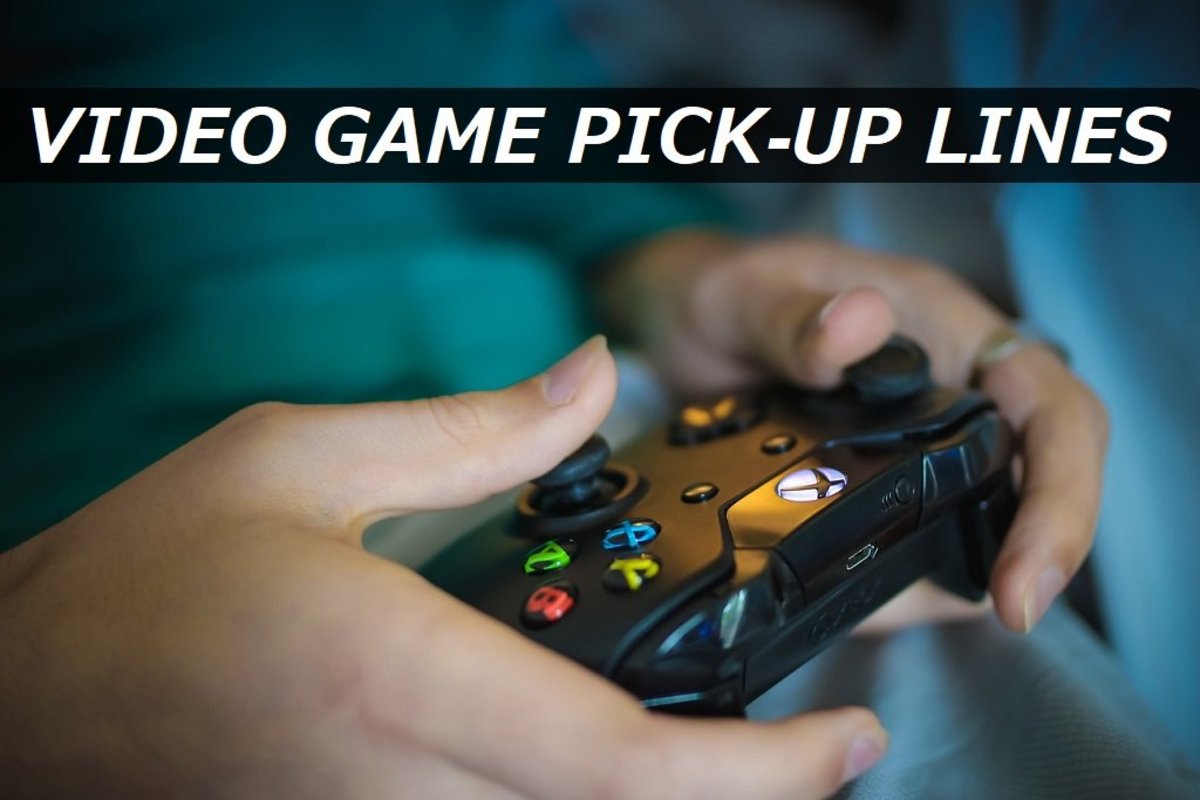Don't be a Jerk: Life's Forgotten Lessons
When we are small, still trying to grasp the complexities of the world around us, we are taught simple lessons by those entrusted with our care. These most basic of lessons are intended to mold us into civilized adults.
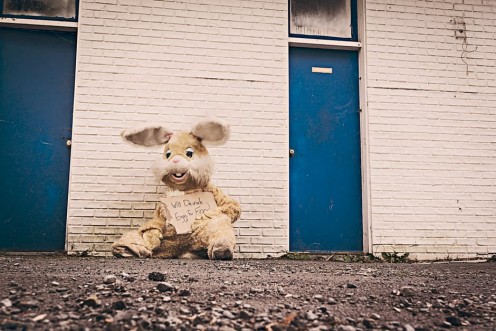
There are lessons about health and hygiene:
- "Wash your hands before dinner"
- "Cover your mouth when you cough or sneeze"
- "It's chilly, take your coat!"
- "Don't sit so close to the TV"
Would this be personal safety concern or...

There are lessons on personal safety:
- "Look both ways before crossing the street!"
- "Don't talk to strangers"
- "Fasten your seatbelt"
There are even lessons on how to interact with others and human kindness:
- "Share your toys"
- "Play nice"
- "Don't hit people"
- "Treat others how you want to be treated"
These simple lessons are fairly universal, we all heard them as kids from our parents or grandparents. From the time we are extremely young, these teachings help form a set of guidelines and become some of our earliest childhood memories. As we grow up, leaving the playground behind, many adults appear to somehow, inexplicably, maybe during adolescence, "forget" key lessons intended to structure our behavior from childhood to adulthood. Somewhere, right this second, an adult is teaching a child these exact "forgotten" lessons, but probably not following the teachings in their life. What is most intriguing about this phenomenon is which of these guidelines we choose to ignore as adults. We can't claim to have simply forgotten them, then turn around and teach the same principles to our children.
Now I think it would be safe to assume a majority of adults wash their hands regularly and cover sneezes and coughs to prevent spreading germs.
**Note: We all know people who refuse those things, & yes, they are disgusting! You know who you are, Walter from Payroll.**
ATTN: Walter from Payroll

I am also willing to bet most people you know look both ways when approaching a busy intersection. Most people don't speak to everyone they come in contact with on the subway ride to work.
**Note: These observations do not seem to apply to people who are intoxicated. Drunk people talk to everyone and tend to stumble across the street regardless of traffic.**
No one can deny that after a few drinks, our memory gets a bit fuzzy and all that seems to be recalled is Journey lyrics. Which is useful when those drinks suddenly allow you to sing better than any pop star. Move over, Ariana Grande!
Barry from Accounting just finished his fifth rum & coke, livin' in a lonely world!
Dude, Aliens

Now pay attention because this is where it gets interesting. Adults have forgotten or ignored most, if not all, the lessons about how to interact with others, how to behave within a community, and the basics of human decency. Considering myself a logical and rational person, I dismiss any suggestions of some bizarre, widespread amnesia, selective memory loss on a massive scale, or, despite Giorgio Tsoukalos persistent insistence, aliens. In fact, I will reason we haven't forgotten anything at all. After all, adults continue to teach these basic principles of human kindness to children and expect kids to follow them. We must ask ourselves, why don't we have the same expectations for ourselves as our parents had for us? Why can we not follow the same guidelines we set to guide our children? What is the turning point? Is there a specific age when we are no longer expected to be nice to others or even share our things? What is the moment we finally arrive at the exact stage of our species' life cycle where sharing is no longer required? When is the precise moment, obviously during our teens, we are finally allowed to be mean? Why are the lessons on acceptable behavior, basically don't be a dick, suddenly useless in our adult lives? As kids, if we were to defy these rules particularly, we knew we were in for it, big time.
Typically adults don't share, what's mine is mine, don't touch my stuff, stay out of my space, all mine, I licked them all. Don't believe me? Little social experiment, if you are brave enough. Next time you are at a burger joint, find a complete stranger. Now eat this person's fries. Do it, dip the fries in the little cup of ketchup and really savor the flavor. What is the response?
What would you do if a stranger walked up and ate your food?
The poll result is the response from your victim. Now look that person in the eyes and tell them to share. I'm sure if they weren't angry before, they are now and probably about to kick your fry-stealing butt. How about this one, next time you're at a convenience store and the person in front of you has literally so much cash crammed into their wallet it's practically busting at the seams.

Tap this person on the shoulder, and ask that person to share some of that fat stack with you. Likely Moneybags McGee over here either laughs in your face or flips you off.
If you were Moneybags McGee, how would you respond?
Thanks for replacing my trash can, pal!
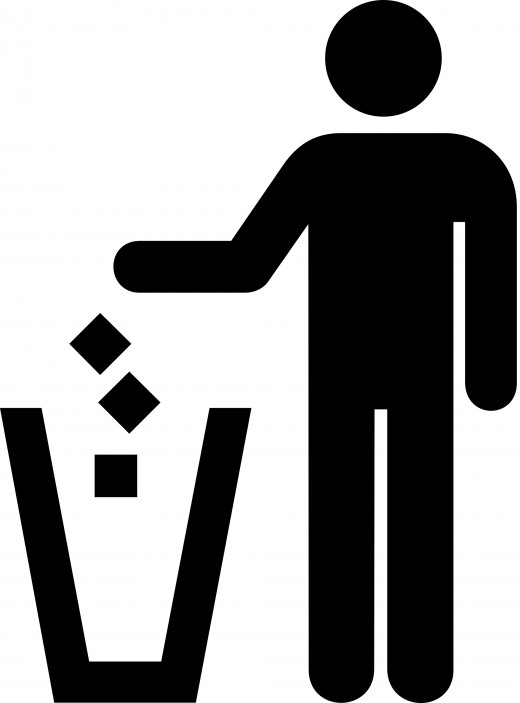
Sharing is usually only when it is convenient or could be personally beneficial in some aspect. Saturday night, Supernatural marathon with the bestie because you both spent too much last night and only have vague memories of Journey songs and today's headache to show for it. You microwave some pizza rolls and devour the entire plate, leaving 2 cold snacks (and your hunger!) behind. Bestie, over there, silently watched you eat them all, stomach growling so loudly you're pretty sure the neighbors heard. You hand the plate over, while slowly petting your food baby. That's not sharing, that's being too stuffed to finish the plate. It's easier to give the last 2 to your friend than risk another stomach growl scaring the neighbors or walk your bloated lazy body back to the kitchen to throw away. It's convenience sharing: they happen to be closer than the garbage can. You didn't microwave a plate for your Bestie, despite the obvious state of hunger.
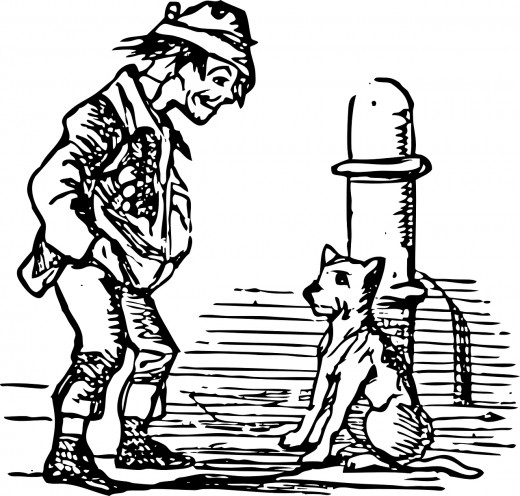
The leftovers from dinner are "shared" with the dirty-faced man huddling with his dog on the street corner. Your date smiles, likely thinking of what a kind heart you must have feeding this cold, hungry soul. Truth is those leftovers would have sat in the fridge for weeks, slowly transforming into some science project, ultimately thrown in the trash or a very bad choice for a late night drunk snack for your roommate. You didn't go out of your way to feed that guy or his dog, but you may have prevented your roommate from getting food poisoning. This act of "sharing" is more of a public display, like a peacock with it's feathers. More like "sharing" with benefits. Your date is holding you closer the rest of the walk home thanks to your pseudo-generosity, you won't have to question the new organism created in the back of your fridge, and you won't step in puke at 6 am due to a drunken roommate's poor choice of snacks.
Instead of bats, it was Barbies and G.I. Joes. Instead of the streets of NYC, it's a upper to middle class suburban neighborhood
When we were kids, we weren't told share the toys we were planned on getting rid of, or the toys lost in the back of our closet. If that were true, kids wouldn't have a problem sharing.
"You wanna play with the doll my brother cut all the hair off of and covered in marker? No problem, friend consider it a gift! "
As a kid, sharing was uncomfortable. The thought of letting the kid next door handle your most treasured play things has caused all sorts of bad juju in generations of kids. Seriously, it tore friendships apart, fueled lifelong sibling rivalries, and turned neighbors against each other.
Although kids hesitate and often disagree with the adults pressure, sharing their prized possessions has always been something adults have demanded. Why have kids always resisted it though? If it is hammered into their brains, practically from birth, wouldn't it just become habit?
Consider this, children instinctively pick up new skills by watching the adults around them and imitating what they see. Why do you think play tools, kitchens, and doctor toys are so popular?
Adults don't share! Considering I almost got you beat up over some fries, I figured that idea would stick. Kids hate sharing because they are forced to by adults who won't even do it. You know what is probably going through kid's mind? "Dude, let Mom drive that Porche in the driveway, then come talk to me!" If kids see adults refusing to share, why do you think they won't do it?
Imagine if adults were demanded, like kids are, to share everything. People would have their basic needs met, without an issue. Food, water, and housing emergencies all things of the past. The playing field would be leveled. Can you imagine that? Something we were required to do as kids, on a daily basis, that we stop seeing any value in as adults, could be the simplest answer to many of modern societies issues.
If we can agree these basic lessons are the foundation to becoming functioning adults, when will we as a society use all of them to guide us? When will we realize health, hygiene, and safety are pointless if human kindness, decency and respect for humanity are not held to the same level of importance? A super mean, selfish racist and sexist dude will cause physical or emotional harm to others, it's unavoidable, unless they never have human contact.
Sound Familiar?

I hope my observations remind you of a few things. Children always have and always will learn but imitating the adults in their lives. Teach your children well by the example you set. Demand from yourself and those around you the same behavioral expectations you have for your children and encourage others to do the same. Teach your children the same lessons passed on for generations but live by the lessons taught. Encourage kids to explore new and fascinating things from different cultures and embrace the various individual parts, so uniquely beautiful and equally important in the making of humanity.
© 2017 Straps

